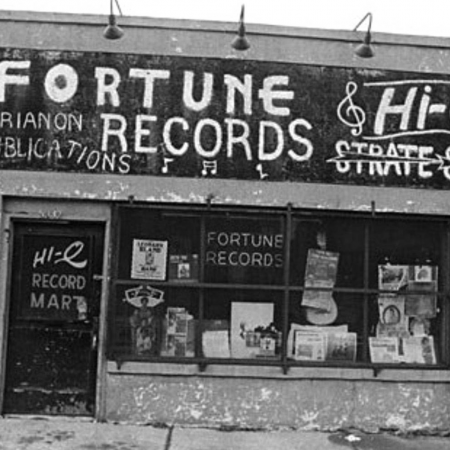CuriosiD: The untold history of Detroit’s Fortune Records
WDET’s CuriosiD series answers your questions about everything Detroit. Subscribe to CuriosiD on Apple Podcasts, Spotify, NPR.org or wherever you get your podcasts.
In this episode of CuriosiD, we answer the question:
“Fortune Records recorded Detroit artists for 25 years — just a mile from WDET. Can you tell us the story and play us some music?”
WDET listener David Perry was perusing the stacks at Ann Arbor’s Encore Records when he stumbled upon a three-disc compilation album with 60 tracks — ranging from R&B and doo-wop to hillbilly, rockabilly, blues and gospel — all recorded at the now defunct Fortune Records in Detroit.
“It was $9.43 and it turned out to be a real bargain,” Perry said.
It was his first introduction to the pioneering mom and pop label, which — as a music lover — led him to wonder why he hadn’t ever heard of it before. So, he turned to WDET to find out more.
The short answer
Fortune Records was founded by husband and wife Jack and Devora Brown in 1946. It operated in Detroit for more than 30 years under the Fortune name and other subsidiary labels, recording a diverse range of artists and genres.
The label produced many local stars throughout the ’50s and ’60s out of their small studio on Linwood Avenue — and later on Third Avenue in the Cass Corridor — but the couple’s hesitancy toward licensing and distribution deals and a devastating accident would eventually hamper their success.
The ‘Myths and Mysteries’ of Fortune
To help us learn more about this otherworldly Detroit gem and why it faded into obscurity, we headed to Hamtramck to speak with a man who, for all intents and purposes, wrote a textbook on the subject.

Michael Hurtt is a Detroit area writer, musician, and music historian. He co-wrote the book “Mind Over Matter: The Myths and Mysteries of Detroit’s Fortune Records” with his long-time friend Billy Miller, who sadly died four years before the book went to print.
“That was brutal,” Hurtt said of Miller’s death. “And to have to finish it without him would have been more difficult, had we not had an absolute cosmic connection over this stuff.”
At 576 pages, the book has been referred to as “the brick” or “the bible” for its heftiness. It took more than a decade to complete.
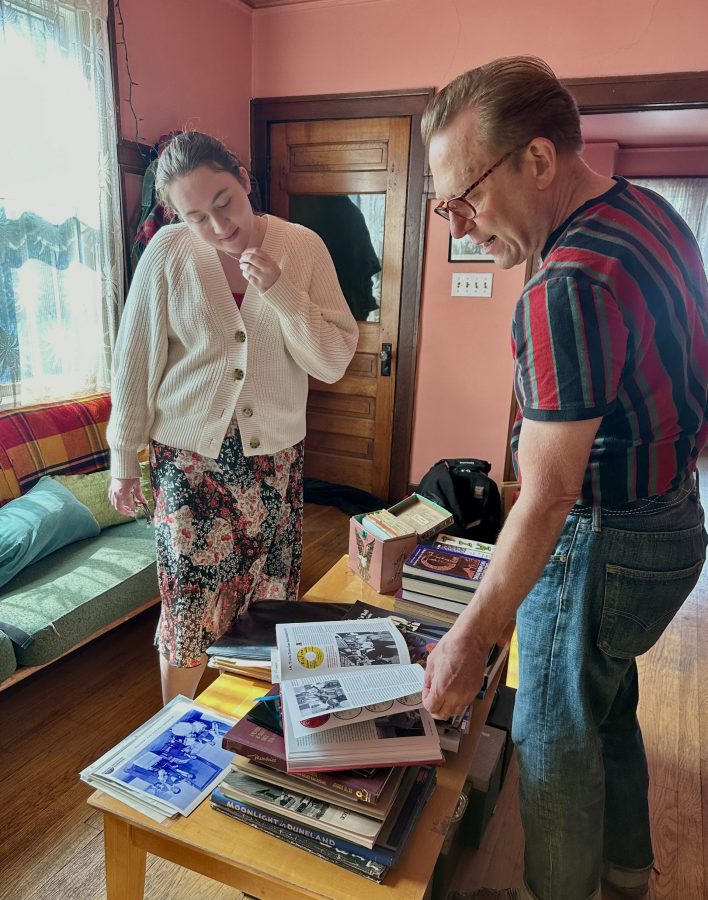
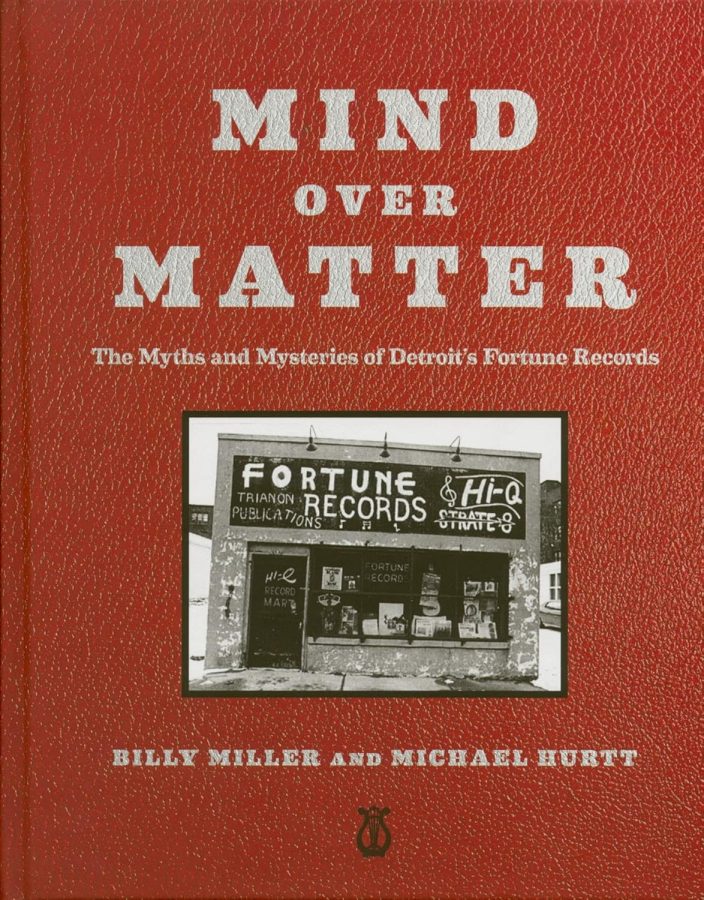
Still, Hurtt admits there were many mysteries associated with the label that they never did get to the bottom of.
“When Billy and me were marveling at this incredible story and asking ourselves, ‘Why did they do this? And why did they do that?’ It doesn’t make any sense…” Hurtt said. “A lot of times, we didn’t know the answers, and we never found them.”

The couple behind the label
Fortune’s story begins in the early 1940s with Jack and Devora Brown, a young, middle class Jewish couple in Detroit who had hopes of breaking into the music business.
Born in Cleveland, Ohio to immigrant parents, Devora was a talented songwriter and composer who dreamed of selling her music in Tin Pan Alley — New York’s historic music publishing district.
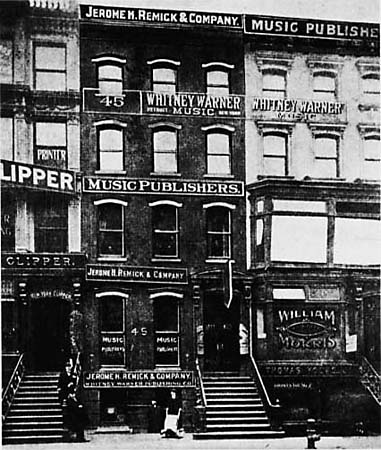
Jack studied accounting at Wayne University and spent most of his life in Detroit.
After striking out with publishers in New York City, the couple launched their own publishing company in 1943.
“Trianon Publications was the name of their company,” Hurtt said. “Jack founded it just sort of like, because he wanted her dream to come true, ya know? And then they just started the label in 1946.”
And just like that, Fortune Records was born.
Without a studio space of their own, they recorded the label’s first hit at United Sound Studios on Second Avenue.

“A song called ‘Jane (Sweet as Summer Rain),’ that was the first Fortune record,” Hurtt said.
Devora wrote the music for the track, which was performed by Canadian singer Russ Titus with American bandleader Artie Fields and his Orchestra.
“[The track] doesn’t sound like any of the crazy rock and roll or rhythm and blues or soul or hillbilly music that we associate with the label,” Hurtt said. “But that’s interesting, because it’s sort of where they came from.”
Devora and Jack continued to make records at United Sound until 1951, when they opened their own studio on Linwood Avenue on the city’s west side, where much of the city’s Jewish community resided.
Sounds of the city
“The minute they opened the studio on Linwood, they started recording everyone that came through the door basically,” Hurtt said.
That included artists like the Davis Sisters, John Lee Hooker, Earl and Joyce Songer, Paul Lewis and The Swans, The Royal Jokers, The Five Dollars, and many other artists who — had it not been for Jack and Devora — may have never been recorded.
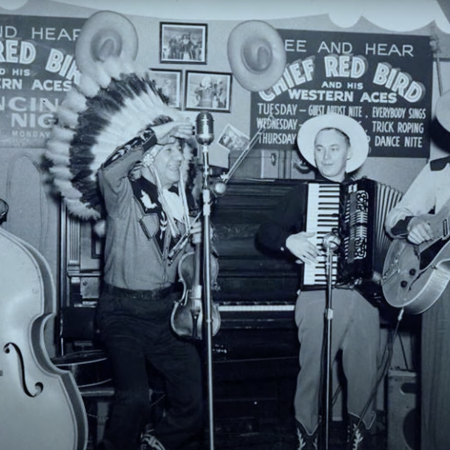
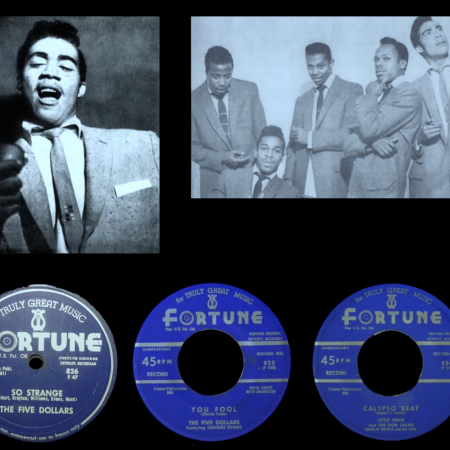

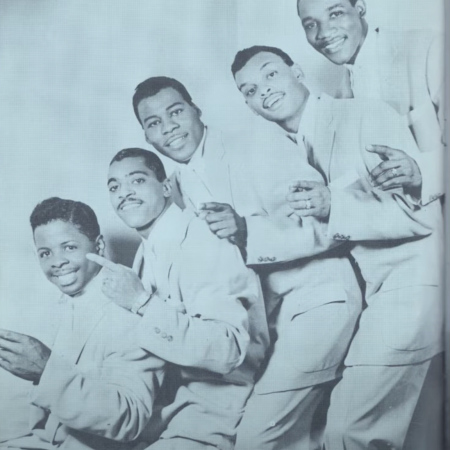
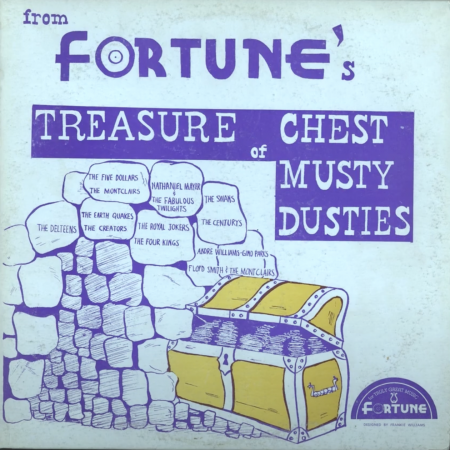

Contrary to Motown’s highly-polished, almost formulaic sound, Fortune stood out for its rawness and diversity of artists. Hurtt says Devora’s fondness for exotic or foreign styles of music and the melding of cultures in the city at the time was reflected in the types of records they produced.
“They had everybody on this label, every culture that was in the city at the time,” he said. “They recorded some of the first gypsy music that was ever recorded in the United States; Tony Valla and the Alamos, which was, you know, Latino rock and roll; and then later Tejano from Southwest Detroit.”
Fortune’s ‘Big Three’
The first real hitmakers for the label were Nolan Strong & the Diablos — a young doo-wop vocal group attending Detroit’s Central High School, which was across the street from the Brown’s studio.
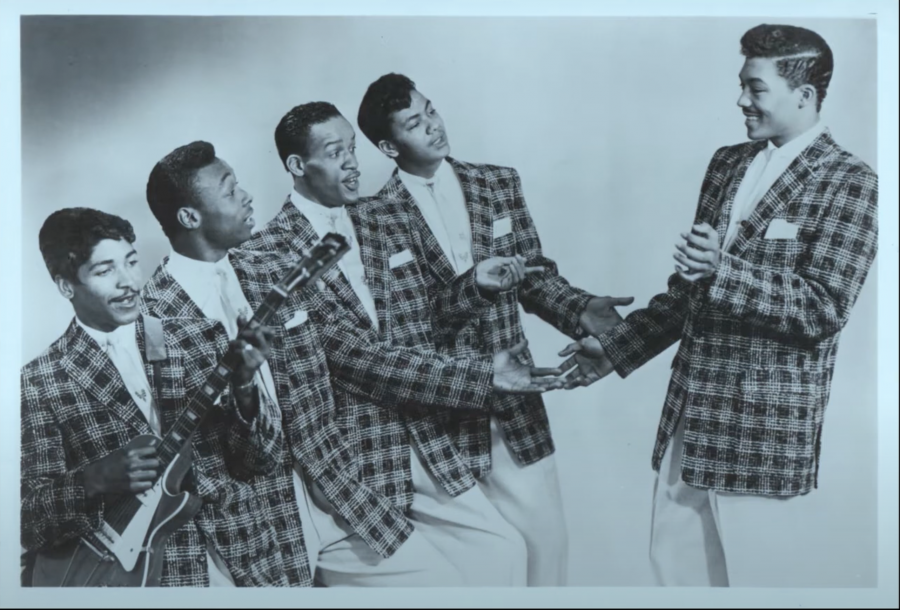
“They just walked in there and wanted to know what they would sound like on a record, and they basically pestered Jack and Devora into recording them,” he said. “Of course, that became… it was ‘Adios My Desert Love,’ that really started the label off in rhythm and blues.”
“If I could really sing, I’d be Nolan Strong”
– Lou Reed
Andre Williams was the label’s next major star. Though he himself would say he was a lousy singer, he was a brilliant entertainer who masked his lack of singing skills by talking over his records.
Willams’ biggest hit, “Bacon Fat,” was recorded by the Browns in 1956. The record’s success led Devora and Jack to license it to Epic Records for wider distribution, but later felt that they weren’t compensated fairly.
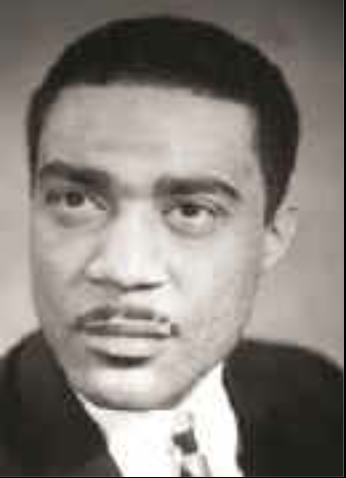
As a prolific performer, Williams felt the Browns’ reluctance toward distribution deals with larger labels restricted him. He eventually left Fortune to record for various other labels over the years.
“[Andre] ended up helping Berry Gordy get Motown started, actually, which is something that I don’t think he really gets credit for,” said Detroit musician Matt Smith, who has performed with and produced records for both Williams and Nathaniel Mayer — Fortune’s third major hitmaker.
Smith says both Williams and Mayer played pivotal roles in the development of rock and roll, soul music and funk.
“Andre was really kind of ahead of his time with a lot of ideas, and his stuff had an enormous influence on the generation of rock and rollers that came after him,” he said.
Mayer’s 1961 record “Village of Love” became Fortune’s biggest national hit. However, the Browns’ distrust of others would ultimately go on to stifle his success as well.
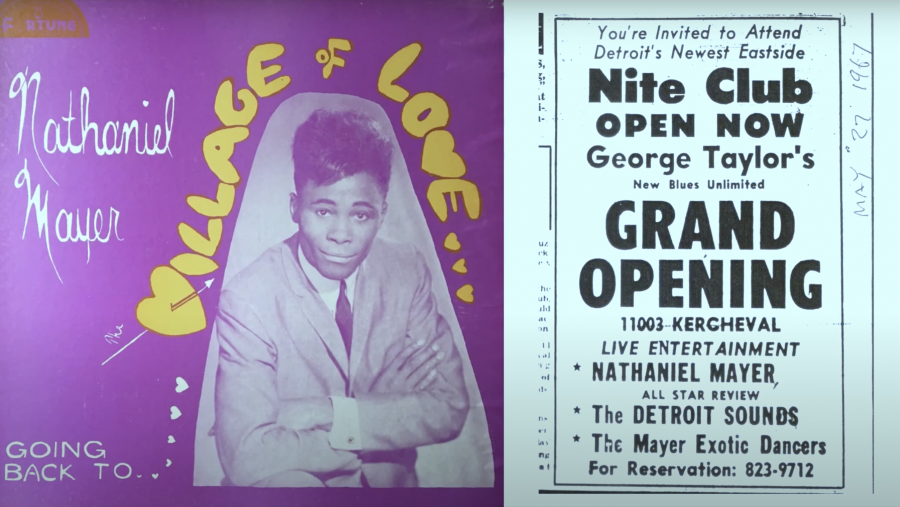
An ethereal echo: Fortune’s signature sound
Devora wrote many of the label’s biggest hits and was considered the creative force behind the label.
“There’s a certain mystique to Fortune Records, like an otherworldly sound,” Hurtt said. “And part of it has to do with Devora Brown and her Ampex 350 tape recorder, which she just loves the echo effects of.”
That ethereal echo effect is especially prevalent in The Diablos’ 1954 hit, “The Wind.”
“[‘The Wind’] is, you know, one of the greatest doo-wop records ever — if not thee greatest doo-wop record,” Smith said. “It’s just one of the most mysterious, supernatural sounding records ever made…I mean it is just weird.”
Hurtt says The Diablos wrote “The Wind” while cruising on Belle Isle.
“They’re like harmonizing sort of to the breeze…to the wind,” he said. “It’s almost like he is the wind, you know? Is this guy a spirit, or is he real?”
The label’s decline

In 1956, the Browns moved the label to a standalone cinderblock building on Third Avenue, in what was then considered Skid Row.
“Supposedly the floor was partially dirt. Whether that’s true or not is another myth and mystery that we were never able to truly solve.”
– Michael Hurtt, co-author of “Mind Over Matter”
The label persisted at that location for decades, but after the mass exodus following the 1967 riots, the neighborhood wasn’t the same.
“The Detroit of the ’70s, was so much different than the Detroit of the ’60s,” Hurtt said. “And after the rebellion, you know, the riot…so much changed in the city that I think it was sort of a convenient time for Fortune to sort of, you know, go into decline.”
The label began to truly fall apart in 1973, when Jack and Devora were hit by a car while crossing the street.
“There are all these weird stories about that, you know, and one of them was that he was run over by a disgruntled hillbilly artist,” Hurtt said. “Well, that wasn’t true at all.”
Jack sustained internal injuries from the accident that eventually led to his death in 1980.
Devora tried to keep the label alive but without Jack handling the business operations it proved to be too difficult to maintain. The building was sold in 1996, shortly before Devora died. Despite efforts to save it, the building was demolished in 2001.
“It was criminal that that happened,” Hurtt reflected. “I mean you can imagine what it could be now, it could be a museum, that could be any number of things. There was enough left, even though the roof was gone, you know, it basically was a shell and it looked the same.”
Fortune Records may not have lasted long in our collective memory, but it certainly had an impact on the music industry and especially in Detroit.
“If you look for the records, they’re hard to find,” Smith said. “But there’s hundreds and hundreds of these Fortune records, and they’re all out there.”
About the listener

David Perry has lived in metro Detroit for over 30 years. As a music lover, Perry says he was drawn to the wide variety of genres recorded by the label during its golden era.
He currently resides in South Lyon with his wife and grandson.
We want to hear from you!
Have a question about Detroit or southeast Michigan?
Send it our way at wdet.org/curiosid, or fill out the form below. You ask, we answer.
More from CuriosiD:
- What happens to old fire trucks in Detroit?
- How did Ann Arbor get its name?
- Does Gen Z know who Bob Seger is?
Want more stories like this? Sign up for WDET’s weekly newsletter and never miss a curiosity uncovered.
Trusted, accurate, up-to-date.
WDET strives to make our journalism accessible to everyone. As a public media institution, we maintain our journalistic integrity through independent support from readers like you. If you value WDET as your source of news, music and conversation, please make a gift today.
The post CuriosiD: The untold history of Detroit’s Fortune Records appeared first on WDET 101.9 FM.
